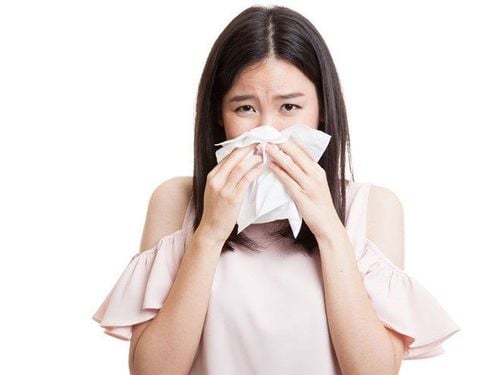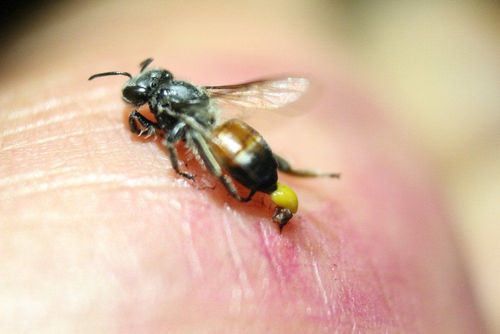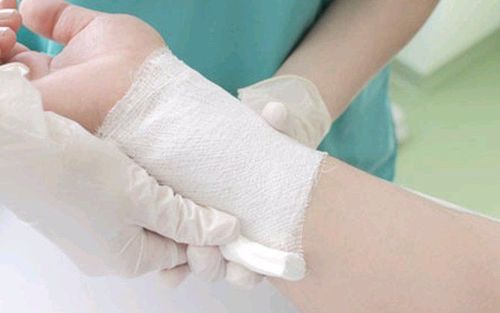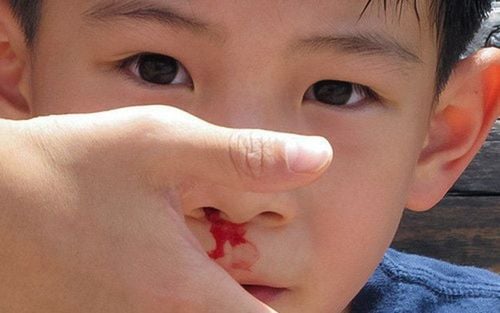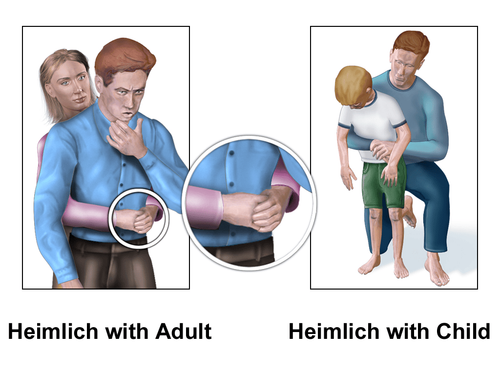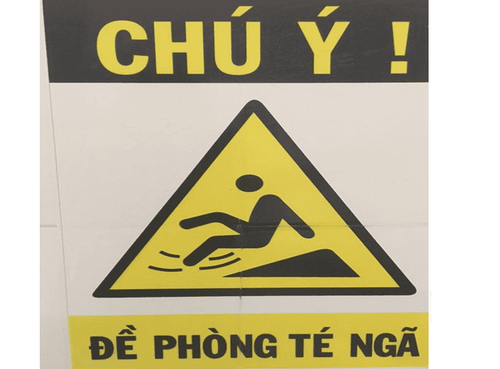This is an automatically translated article.
This article is professionally consulted by Master, Doctor Nguyen Le Duc Hoang - Emergency Medicine Doctor - Emergency Department - Vinmec Danang International Hospital.Most cases of scorpion bites are localized and the symptoms will resolve on their own after a few hours. Only about 30 of the 1500 species of scorpions have venom that can be fatal. However, when bitten by a scorpion, it is still necessary to diagnose and treat early to reduce pain and discomfort for the patient.
1. What is a scorpion?
1.1 Anatomy features Scorpions are carnivorous, eight-legged arthropods belonging to the subphylum Chelicerata, class Arachnida, order Scorpiones. It is estimated that in the wild there are about 1500 species of scorpions, distributed all over the world, common in desert areas. The body of the scorpion is divided into two parts: the cephalothorax (anterior segment of the body) and the abdomen (the posterior body area). The abdomen includes the lower abdomen and the tail. The scorpion's tail consists of 6 segments. The scorpion's anus is located on the last segment and this sting also carries venom. The scorpion's final sting has a reservoir, a pair of venom glands, and a venom injection.
1.2 Scorpion venom The venom of most scorpions is harmless to humans. However, it can cause many reactions such as pain, swelling, stiffness or cell necrosis. At the same time, all types of scorpions contain a neurotoxin called chlorotoxin, which can cause paralysis when stung. The duration of paralysis depends on the dose of chlorotoxin injected into the body. In addition, the scorpion venom also contains a small amount of protein, potassium and sodium.
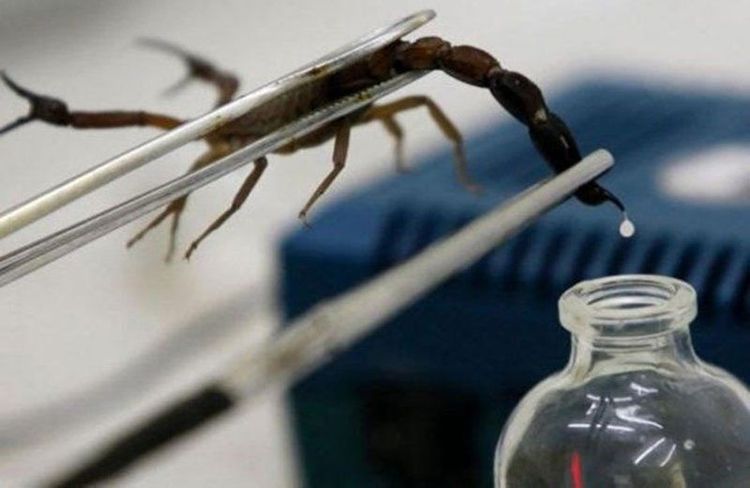
Besides, different species of scorpion will have different venom: Hemiscorpius lepturus has venom that causes cell necrosis; species C exilicauda has a venom containing many digestive enzymes and some neurotoxins; The venom of Buthus, Androctonus, Tityus Leiurus species can cause cardiovascular collapse, pulmonary edema, blood clotting disorders, pancreatitis,... even death.
Scorpions do not actively attack people, but only when they feel threatened. Scorpions are active at night, mainly in the summer, so the rate of scorpion bites is high in the hot season. The most common bite site is in the extremities. The most dangerous scorpions are Androctonus australis, Centruroides exilicauda, Centruroides spp, Tityus spp and Leiurus quinquestriatus. Deadly dangerous scorpions are concentrated mainly in North America, Africa, India and the Middle East.
Regarding the dose of poison, each scorpion sting can deliver the entire venom, from 0.1 - 0.6 mg into the victim's body (or no venom at all). The object of being bitten by a scorpion that is most at risk is children under 10 years of age. It is estimated that every year about 2,000 people die, need to be treated or hospitalized because of a scorpion attack.
2. Diagnosis of a scorpion bite
Scorpions in Vietnam often have low toxicity. Signs to recognize a scorpion bite include:Mild symptoms: Pain, numbness, tingling around the bite, slight red hot swelling around the bite;
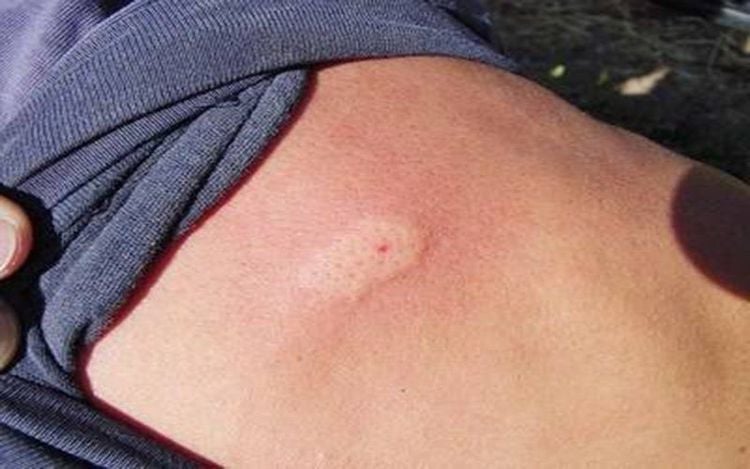
Severe symptoms: Muscle twitching, drooling, sweating, vomiting, abnormal head-neck-eye movements, kidney failure hemoglobinuria, high blood pressure or low blood pressure, heart palpitations or seizures arrhythmias, restlessness, irritability or a lot of fussiness,... With the stings showing only local signs, there is no need to do tests. For severe cases, it is necessary to do a blood count, blood sugar, electrolytes, creatinine, arterial blood gases,... for diagnosis.
3. How to treat scorpion bites
If bitten by a scorpion, it should be treated as soon as possible. If left untreated for more than 6 hours, the risk of infection is very high, especially for the elderly and immunocompromised people.
Clean the wound, disinfect the bite with alcohol 70° or Povidine 10%; Apply ice or an ice pack to the bite site for 20 minutes to reduce the spread of venom; Go to the nearest medical facility and follow the doctor's instructions; Antivenin is used for severe wounds in young children, combined with other drugs to relieve muscle pain. Pain relievers such as aspirin, paracetamol, ... and soothing H1 antihistamines such as chlorpheniramine, diphenhydramine, phenergan. Sometimes, it is necessary to use corticosteroids, dapsone to improve skin damage; Resuscitation measures for severe cases: Ensure breathing, give oxygen or turn on the machine when needed; treatment of hypertension, tachycardia; treat heart failure, pulmonary edema if any; treat convulsions if any and pay attention not to overdose on sedatives. Note: Do not immerse the bitten limb in cold water, make an incision or suck at the bite site.
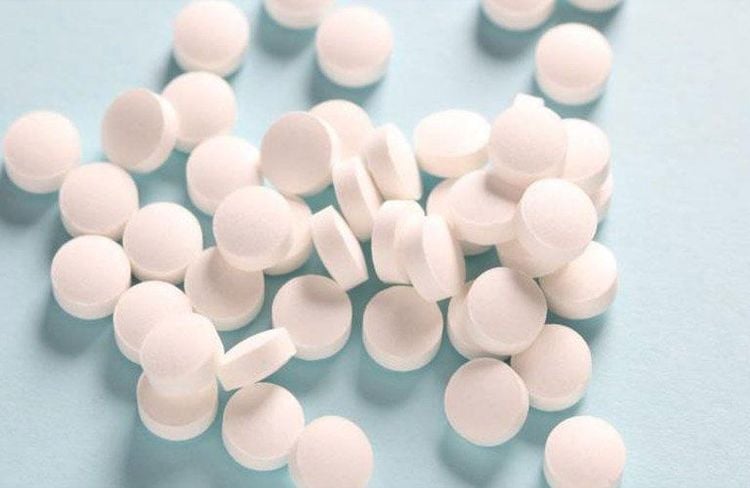
4. Prevention of scorpion bites
Scorpios often tend to hide, avoiding contact with the outside environment. If you live in an area with scorpions, to avoid being bitten by scorpions, pay attention to the following:
Move trash cans, logs, rocks, bricks, signs,... - places where scorpions can shelter - away from the place of residence; Cut grass, trim bushes, and spread branches to avoid creating paths for scorpions to enter the roof; Sealing cracks, cracks on the main door, windows in the house,...; Do not store firewood in the house; When camping or hiking, it is recommended to wear long sleeves, long pants, check the sleeping bag before use. At the same time, it is necessary to check clothes, wash shoes before going, always wear shoes in all cases. Need to check bed, pillow, luggage packages; When traveling, you should bring an epinephrine injector if you are allergic to insect stings. When bitten by a scorpion, after disinfecting the bite, the patient should be taken to the hospital immediately so that the doctor can examine and treat it promptly, avoiding unpredictable complications.
Please dial HOTLINE for more information or register for an appointment HERE. Download MyVinmec app to make appointments faster and to manage your bookings easily.





